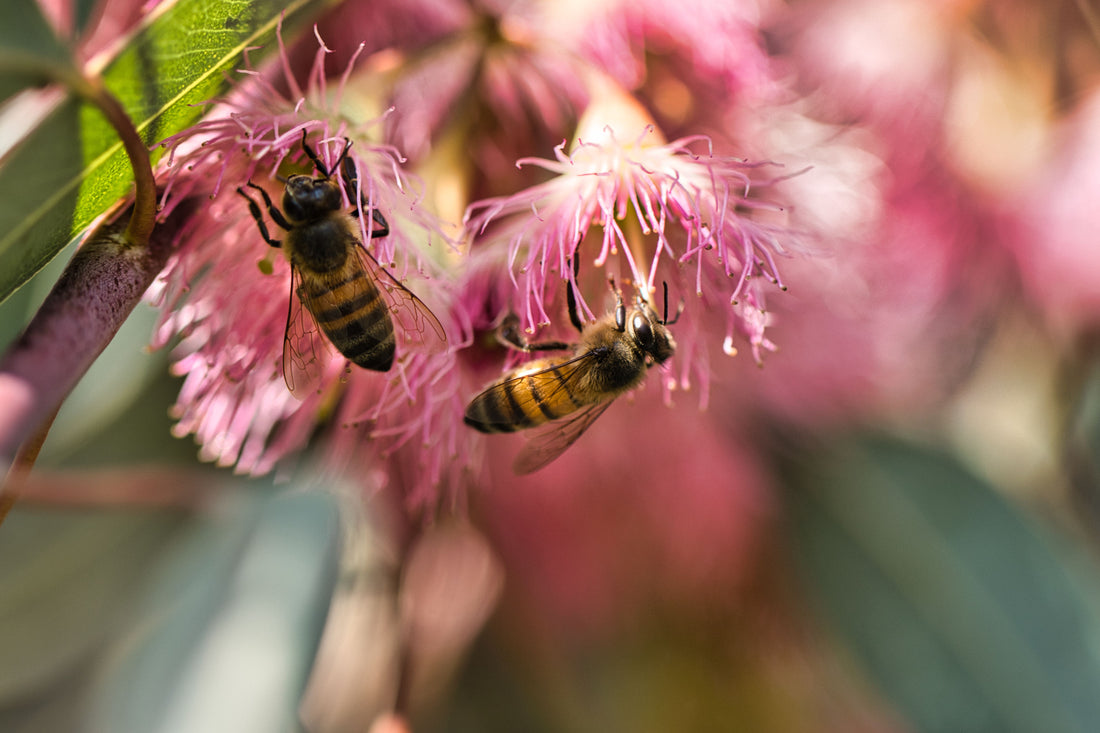Honeybees are vital pollinators for the crops we rely on every day, but they're increasingly facing multiple threats: pesticides, viruses and even poor nutrition. We need to understand how these factors interact to protect them. A recent study from the University of Illinois Urbana-Champaign shed light on how good nutrition could protect and increase resilience when honeybees face these stressors.
Why Nutrition Matters
Most studies focus on just one or two threats to honeybees, but this research uniquely examines the combined effects of nutrition, pesticides, and viruses. The researchers exposed bees to a virus, pesticides, or both while feeding them either artificial or natural pollen. Bees on artificial pollen had high mortality when exposed to the virus or pesticides, but those given natural pollen showed improved survival, even under the same threats. This highlights the importance of good nutrition in boosting bee resilience.
Pesticides Aren't All Equal
Interestingly, the study revealed that not all pesticides affect bees in the same way. Some chemicals are far more dangerous than others, and the presence of a fungicide could make insecticides more toxic to bees.
“We don’t want people to think pesticides don’t matter,” said Dolezal. “They do. But it’s reassuring to know that nutrition can help bees cope better with these threats.”
Quality Habitat Can Help
This research highlights the importance of creating high-quality habitats near agricultural areas. Ecologists had previously worried that placing pollinator habitats near farmlands would backfire by drawing bees into areas where they’d be exposed to harmful pesticides. However, this study shows that if bees have access to nutritious, natural pollen, they are more resilient against both pesticides and viruses.
The study underscores the importance of giving honeybees access to diverse and natural pollen. Pesticides still pose significant risks to bees. However, the findings suggest that improving bees' nutrition can give them a better shot at surviving the many challenges they face.
Read the full study at PHYS.org.

